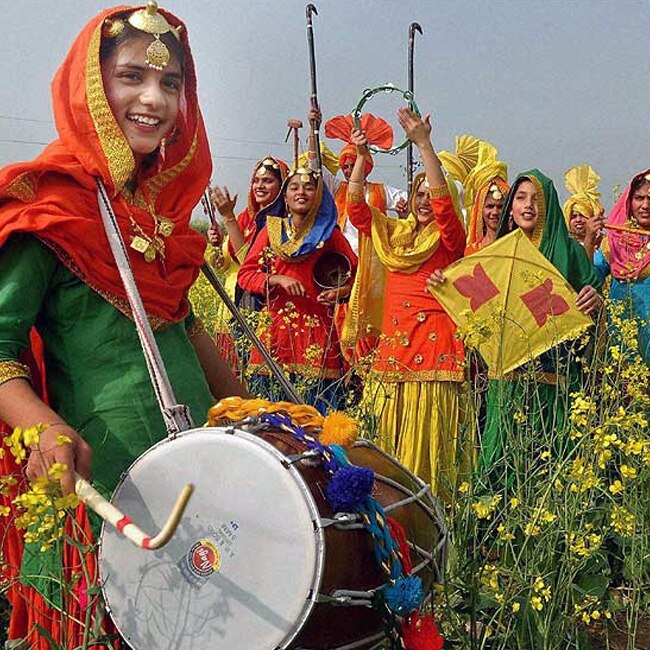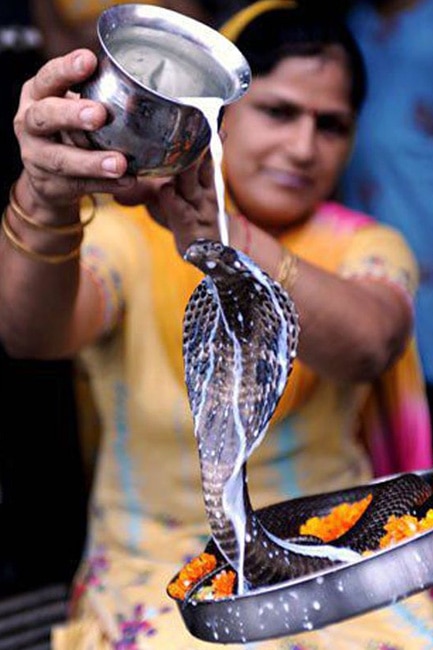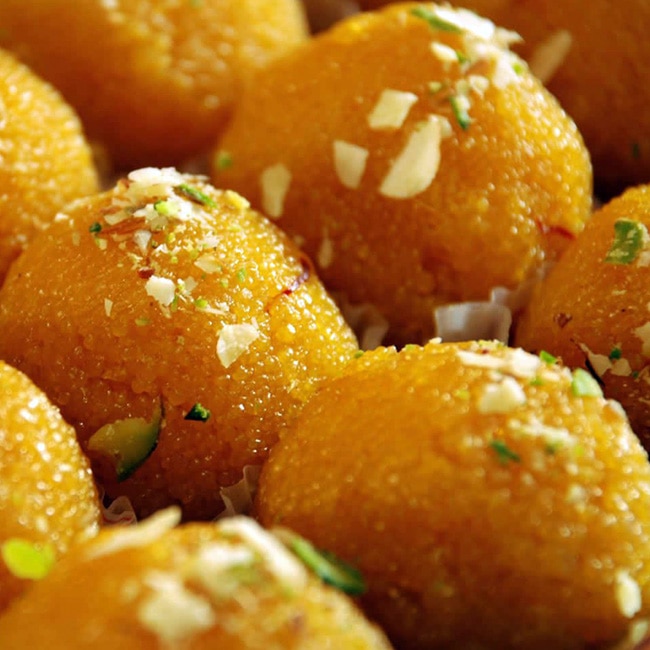Basant Panchami 2017: 8 things you should know about the festival!

Basant Panchami marks the beginning of spring season
Basant Panchami marks the beginning of spring season and falls on the fifth day of Maagh each year. The word 'Basant' means spring and 'Panchami' denotes the fifth day on which the festival falls. Here is why its celebrations are specific every year.
Basant Panchami marks the beginning of spring season and falls on the fifth day of Maagh each year. The word 'Basant' means spring and 'Panchami' denotes the fifth day on which the festival falls. Here is why its celebrations are specific every year.

Spring season is called the king of all seasons
Spring means pleasant weather, free from the scorching heat, the cold bites or dodgy rains. It is therefore crowned as the king of all seasons. According to custom, temples dedicated to Goddess Saraswati are filled with sacred offerings a day before Basant Panchami, with the belief that the Goddess would join in the celebrations by attending the traditional feast the following morning.
Spring means pleasant weather, free from the scorching heat, the cold bites or dodgy rains. It is therefore crowned as the king of all seasons. According to custom, temples dedicated to Goddess Saraswati are filled with sacred offerings a day before Basant Panchami, with the belief that the Goddess would join in the celebrations by attending the traditional feast the following morning.

Yellow is color of Basant Panchami festival
The scintillating yellow colour holds great importance on this day. The color of Basant (Spring) is yellow, also known as the 'Basanti' colour. It symbolizes prosperity, light, energy and optimism. This is the reason why people wear yellow clothes and make traditional delicacies in yellow hues.
The scintillating yellow colour holds great importance on this day. The color of Basant (Spring) is yellow, also known as the 'Basanti' colour. It symbolizes prosperity, light, energy and optimism. This is the reason why people wear yellow clothes and make traditional delicacies in yellow hues.

Basant Panchami also marks the birth of Goddess Saraswati
Basant Panchami observes the birth of Saraswati, the Goddess of knowledge, education, art, culture and music.
Basant Panchami observes the birth of Saraswati, the Goddess of knowledge, education, art, culture and music.

Basant Panchami is considered to usher new beginnings in the life of a child
Traditionally children were taught to write their first word on this day. It is considered a blessed beginning of learning with the Goddess of Knowledge worshiped as the presiding deity on this day.
Traditionally children were taught to write their first word on this day. It is considered a blessed beginning of learning with the Goddess of Knowledge worshiped as the presiding deity on this day.

Snakes are given importance on Basant Panchami festival
According to folklore, snakes are fed with milk on Basant Panchami to bring wealth and prosperity in the coming days.
According to folklore, snakes are fed with milk on Basant Panchami to bring wealth and prosperity in the coming days.

Basant Panchami offerings as per state
Sweet offerings vary from state to state on this day such as in Bengal Goddess Saraswati is offered boondi ke ladoo and sweet rice and Kheer, Malpua and Boondi in Bihar, kesari bhaat in Uttar Pradesh
Sweet offerings vary from state to state on this day such as in Bengal Goddess Saraswati is offered boondi ke ladoo and sweet rice and Kheer, Malpua and Boondi in Bihar, kesari bhaat in Uttar Pradesh
Basant Panchami is also celebrated with kite flying
Kite flying, the popular sport of India, is associated with the festival of Basant Panchami. Especially in Punjab, the kite flying tradition has been given great importance. Also, on the day of Basant Panchami a log with a figure of Holika is placed in a public place. During the next 40 days, devotees add twigs and other flammable material to form a pyre which is lit on Holi.
Kite flying, the popular sport of India, is associated with the festival of Basant Panchami. Especially in Punjab, the kite flying tradition has been given great importance. Also, on the day of Basant Panchami a log with a figure of Holika is placed in a public place. During the next 40 days, devotees add twigs and other flammable material to form a pyre which is lit on Holi.









 →
→












0 comments:
Post a Comment